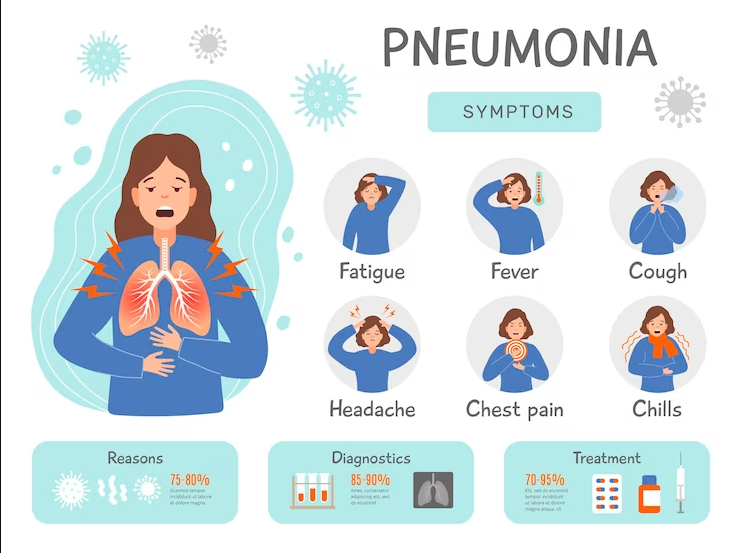When it comes to our health, knowledge is power. Understanding medical conditions and their implications can make a world of difference, both in prevention and treatment. One such condition we’ll explore in this blog is Hypersensitivity Pneumonitis (HP). It may sound complex, but we’ll break it down into simple terms, making it easy for everyone to comprehend. By the end of this article, you’ll have a clearer understanding of what HP is, its causes, symptoms, and potential treatments.
What is Hypersensitivity Pneumonitis?
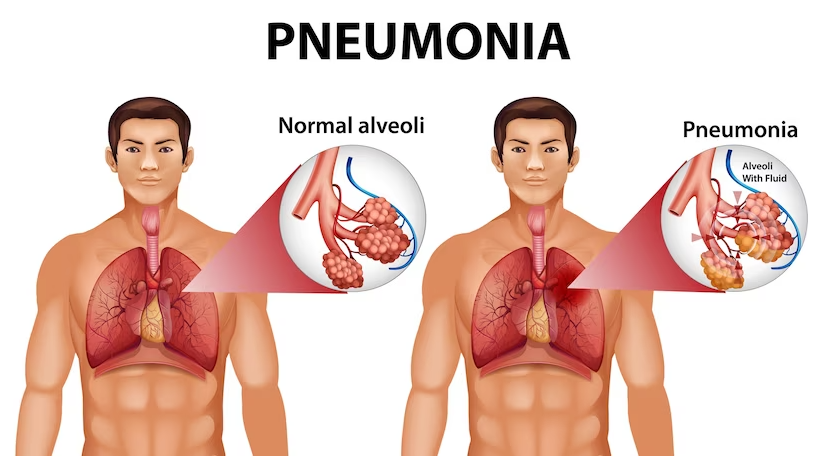
Causes of Hypersensitivity Pneumonitis
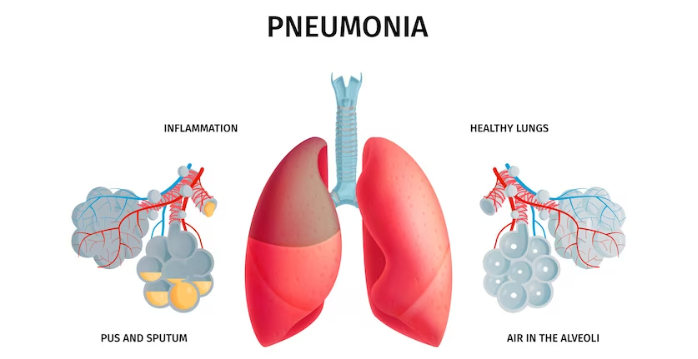

Understanding the causes of Hypersensitivity Pneumonitis (HP) is crucial in preventing and managing the condition. HP is primarily triggered by exposure to certain allergens or irritants. These can include:
- Organic Dusts: Organic materials such as mold, fungi, and bacteria found in environments like farming or bird handling can lead to HP.
- Chemicals: Exposure to certain chemicals, like those found in pesticides or plastics, can also increase the risk of developing HP.
- Animal Droppings: If you’re a pet owner or work with animals, you might be at risk due to exposure to proteins in animal droppings.
- Occupational Hazards: Some professions, like agriculture or woodworking, come with an increased risk of HP due to regular exposure to potential triggers.
- Home Environment: Even your home can harbor HP triggers, especially if there’s mold or bacteria in damp areas.
Symptoms of Hypersensitivity Pneumonitis
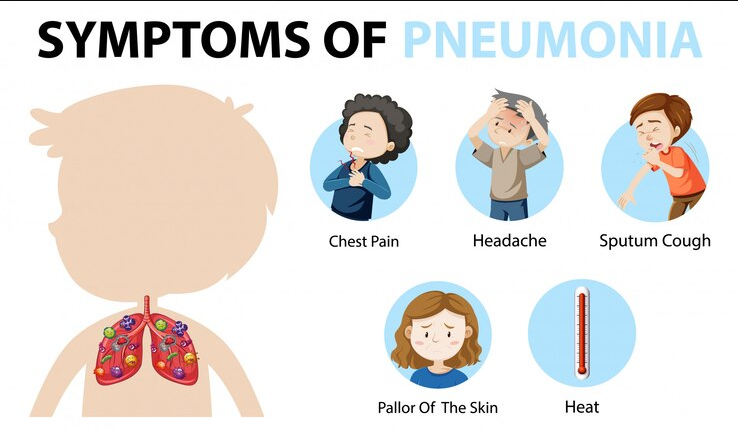

Recognizing the symptoms of Hypersensitivity Pneumonitis (HP) is essential for early diagnosis and treatment. The signs of HP can be similar to other respiratory conditions, so pay close attention if you experience:
- Coughing: Persistent dry cough is a common early symptom of HP.
- Shortness of Breath: As the condition progresses, you may find it increasingly difficult to catch your breath, especially during physical activity.
- Fever: Some individuals with HP may experience fever, particularly if the condition becomes severe.
- Fatigue: Feeling excessively tired even after adequate rest can be a symptom of HP.
- Chest Tightness: You might feel a sensation of tightness or discomfort in your chest.
- Weight Loss: Unexplained weight loss is another potential symptom.
Diagnosis and Treatment
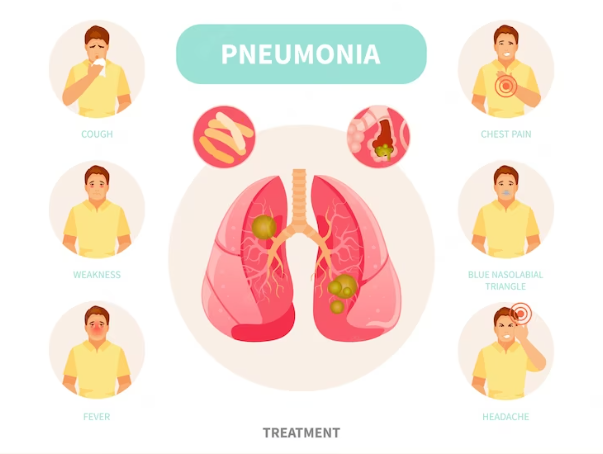

If you suspect you may have HP based on the symptoms, it’s crucial to consult a healthcare professional. They can perform tests, such as pulmonary function tests and imaging scans, to confirm the diagnosis. Once diagnosed, treatment options will be discussed, which may include:
- Avoiding Triggers: The first step in managing HP is to identify and avoid the substances or environments that trigger your symptoms.
- Medications: Depending on the severity, your doctor may prescribe medications, such as corticosteroids, to reduce inflammation in your lungs.
- Oxygen Therapy: In severe cases, oxygen therapy can help improve oxygen levels in your blood.
- Pulmonary Rehabilitation: This involves a combination of exercise, education, and support to help you manage your condition and improve your quality of life.
In the next part of this blog, we will delve deeper into the risk factors associated with HP and provide practical tips on how to reduce your exposure to potential triggers. Stay tuned for valuable insights that can help you protect your lung health.
Risk Factors for Hypersensitivity Pneumonitis
Understanding the risk factors associated with HP can help you take proactive steps to minimize your chances of developing this condition. Here are some factors to consider:
- Occupational Exposure: Jobs that involve regular exposure to organic dust, chemicals, or animal proteins can significantly increase the risk of HP. It’s crucial for individuals in such professions to use proper protective equipment and follow safety guidelines.
- Environmental Factors: Even if you’re not in an occupation with known triggers, your home environment can play a role. Damp and moldy areas, as well as the presence of birds or pets, can contribute to HP. Regular home maintenance and good ventilation are essential.
- Genetic Predisposition: Some individuals may have a genetic predisposition to develop HP. If you have a family history of lung diseases or allergies, it’s important to be vigilant about potential triggers.
- Immune System Health: A weakened immune system can make you more susceptible to HP. Ensuring you maintain a healthy lifestyle with a balanced diet, regular exercise, and adequate sleep can help boost your immune system.
Preventing Hypersensitivity Pneumonitis
Prevention is always better than cure, and when it comes to HP, taking proactive steps to reduce your risk is crucial. Here are some strategies to consider:
- Know Your Triggers: If you work in an environment where you may be exposed to potential HP triggers, educate yourself about the risks and take necessary precautions. Employers should provide proper safety equipment and training.
- Maintain a Clean Home: Regularly inspect your home for signs of mold or dampness, especially in basements and bathrooms. Keep pets’ living areas clean and well-ventilated.
- Use Protective Gear: If you’re in an occupation with known hazards, always use appropriate protective gear such as masks, gloves, and goggles to reduce exposure.
- Monitor Your Health: Be attentive to any respiratory symptoms, especially if you work in a high-risk environment. Early detection and intervention can make a significant difference in managing HP.
- Consult Your Doctor: If you suspect you have HP or are at risk, consult a healthcare professional for a thorough evaluation and guidance on managing your condition.
- Allergen-Proof Your Home: If you have known allergies or sensitivities, take steps to allergen-proof your home. This may include using air purifiers, regularly cleaning and vacuuming, and keeping windows closed during high pollen seasons.
By taking these precautions, you can significantly reduce your risk of developing Hypersensitivity Pneumonitis. Remember, your lung health is essential for overall well-being, and it’s worth investing time and effort in protecting it.
In case you feel the symptoms of HP ever, then here Dr. Sheetu Singh (MD, MNAMS, FRCP) is experienced with expert knowledge to cure your problem. Consult with her once, and we assure you will receive the expected relief and results.

